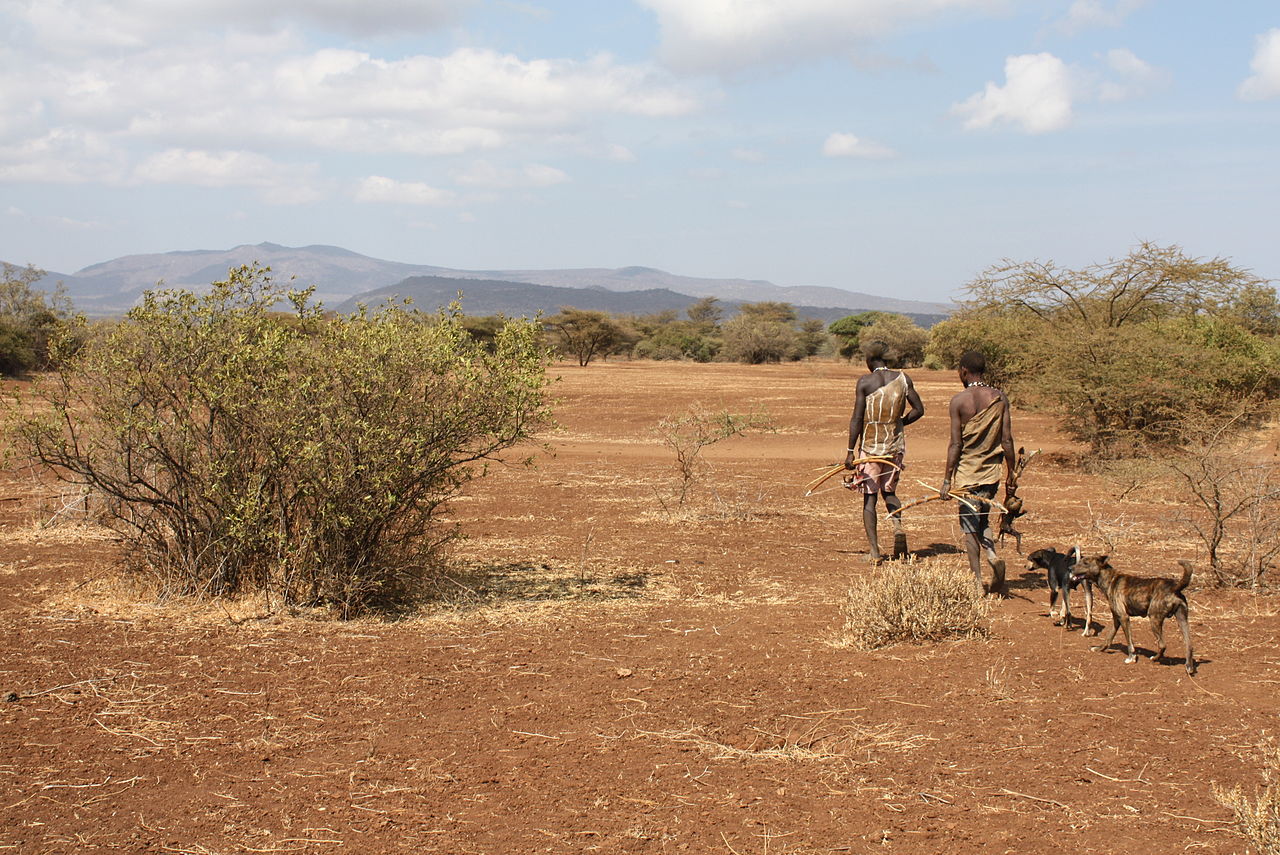By: Jenny Cade, Biochemistry and Molecular Biology ‘15
In a paper published in Nature Communications on April 15, researchers profiled the gut microbiota of a group of hunter-gatherers in Tanzania known as the Hadza. They compared the results to those of people living in Italy, and found that the two groups have very different species composition. The Hadza don’t only have different kinds of gut microbes than Westerners, but a more diverse collection of microbes as well. The researchers say that this is most likely due to the dramatic difference between hunter-gatherer and Western diets.
A particularly interesting finding of the study is that among Hadza, men and women have different kinds gut microbes. This is the first time that such a disparity has been documented in humans. This may be because of the sexual division of labor among that Hadzu; women tend to forage for tubers and other plant foods, while men travel farther to procure honey and meat. Though men and women share food at the end of the day, snacking on different types of food during the day seems to be enough to change the kinds of microbes that live in men and women’s gut.
Read the open-access article:
Schnorr, S. L. et al. (2014) Gut microbiome of the Hadza hunter-gatherers. Nature Communications 5:3654 doi: 10.1038/ncomms4654
Photo credit: “Returning from hunt” by Andreas Lederer is licensed by CC BY-NC-ND 2.0

